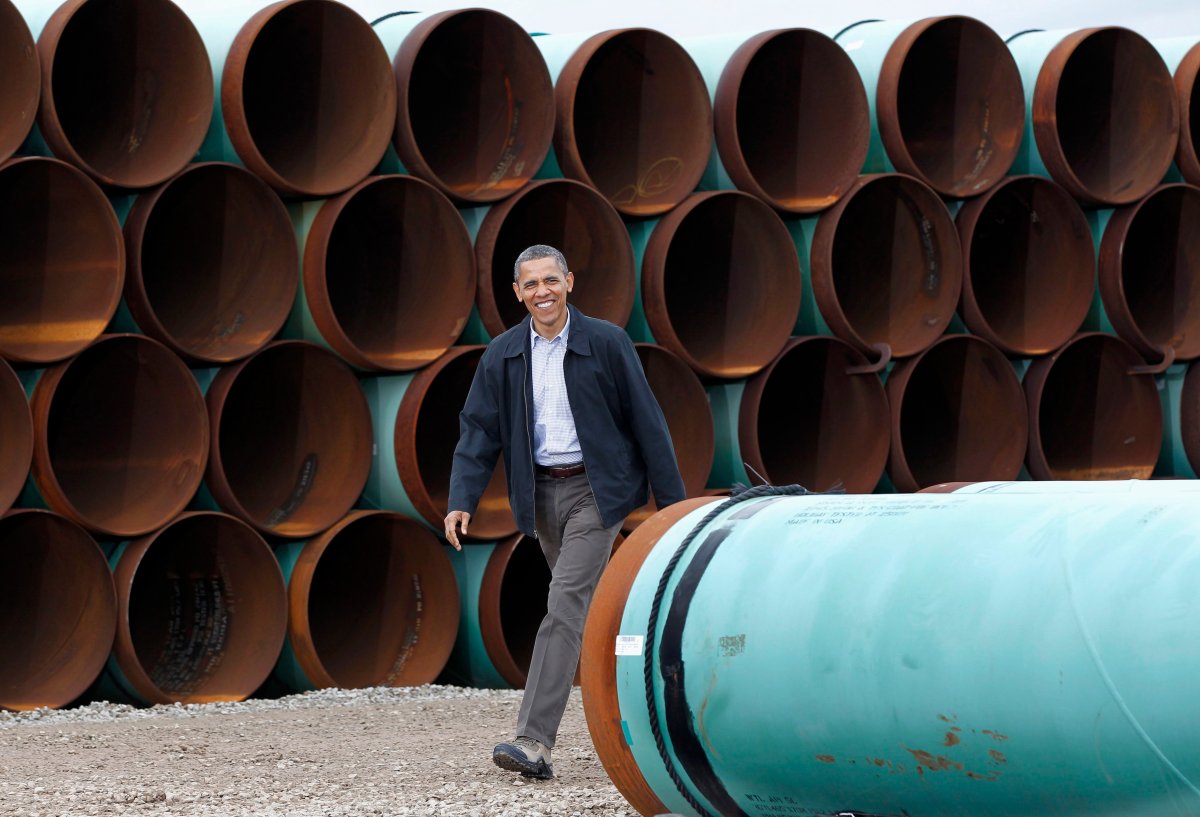OTTAWA- As Canada awaits a decision from the United States on Keystone XL, the country is without its main channel of communications to the White House, leaving some wondering whether President Barack Obama will hold off on appointing an ambassador until he announces a decision on the proposed pipeline.

“My sense is we’re not likely to see an ambassador until next year,” said Colin Robertson, a former diplomat.
Once the president announces a nominee – usually someone who has close personal ties with the president – that person has to step down from their current job and seek approval from the Senate. One single senator can put a nomination on hold.
“Given the controversy and political saliency of the XL pipeline, it is not hard to imagine that a Republican senator would put a hold on the nomination. Then, that individual would essentially twist in the wind until the end of the XL pipeline decision,” said Robertson, who is now a vice president and senior research fellow at the Canadian Defence and Foreign Affairs Institute.
The $7-billion project, proposed by TransCanada, would transport Alberta crude south through Canada to refineries in Texas. It has slowly been winding its way through the approvals process for years, gaining considerable attention for potential environmental damages spills and leaks could cause.
As it stands, Robertson said, the debate over the pipeline has become a polarized American debate – Canada has made its case, and the ball now rests on the U.S. side of the court.
- Alberta to overhaul municipal rules to include sweeping new powers, municipal political parties
- Norad looking to NATO to help detect threats over the Arctic, chief says
- Grocery code: How Ottawa has tried to get Loblaw, Walmart on board
- Canada, U.S., U.K. lay additional sanctions on Iran over attack on Israel
Earlier this year, then-U.S. Ambassador to Canada David Jacobson said Obama would factor into his decision Canada’s oil sands emissions regulations. Those regulations have long-been expected, but the Conservatives have yet to unveil them.
“From the Canadian perspective, it would be wise for us to make those (regulations) available sooner rather than later,” Robertson said.
Foreign Affairs Minister John Baird’s office wouldn’t say when they would like to see an ambassador in Ottawa, nor whether the lack of an ambassador puts any strain on day-to-day relations between the two countries.
“Canada and the United States have one of the most successful relationships in the world, and we look forward to working with the next ambassador,” a spokesman for the minister wrote in an email.
Even though Obama might be waiting for a Keystone decision before appointing the next ambassador to Canada, it doesn’t mean he is without voices in Canada; he has a deputy chief of mission, counsul generals and the embassy in Ottawa is staffed. Beyond that, there is of course Obama’s relationship with Prime Minister Stephen Harper.
But not having an ambassador on the ground is to Canada’s disadvantage, said former U.S. Ambassador to Canada David Wilkins, adding that a potential Keystone-related hold-up in the Senate is no excuse to wait.
“Nominees have been held up for other reasons. Stranger reasons that that,” said Wilkins, who served under George W. Bush. “But that’s no excuse for the White House not making an announcement … They need to let the Canadian people, the American government and everyone else know who they want to be the next ambassador to Canada, then let the Senate go through the vetting process.”


Comments